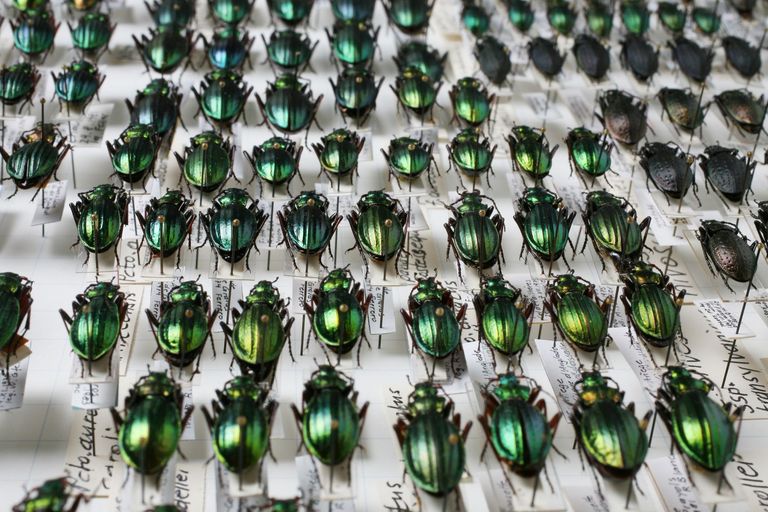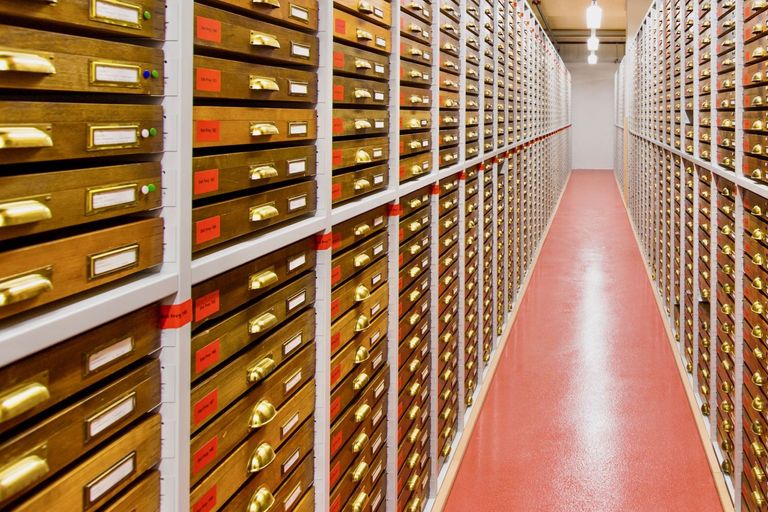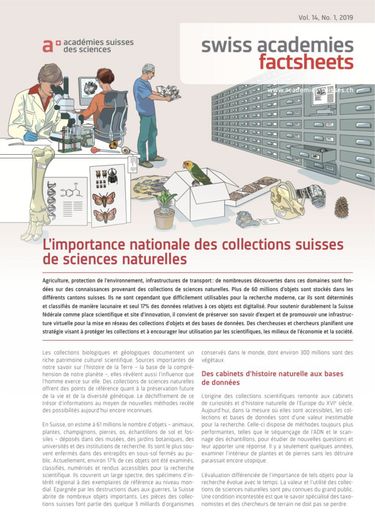Temi associati
Handbook on natural history collections management
Written by and for persons curating, preparing or managing natural history collections, this handbook intends to make existing knowledge easily available and transferable. It gathers specific actions relevant for the conservation of natural history objects, the coordinated digitisation of associated data and the development of a modern digital infrastructure. This handbook should facilitate the long-term utilisation of Swiss natural history collections data for science and society.
Immagine: Swiss Academy of Sciences (SCNAT) • Platform BiologyThe Confederation supports SwissCollNet and its digital platform of natural science collections for research
The federal government is promoting an improved access to natural science collections with a total amount of CHF 12.37 million until 2024. The digitised collections provide unique data for climate, biodiversity or agricultural research, for example. To this end, the Swiss Academy of Sciences (SCNAT) has launched the Swiss Natural History Collections Network, SwissCollNet, to collaborate with museums, universities, and botanical gardens in laying the foundations for the digitisation and long-term management and use of the collections.
Immagine: ETHZ-BIB/Pierre Kellenberger
Wissenschaft zeigen (2): Naturwissenschaftliche Sammlungen für die Forschung – eine Nationale Initiative
Landwirtschaft, Artenschutz, Verkehrsinfrastrukturen – viele Erkenntnisse basieren auf Wissen aus naturwissenschaftlichen Sammlungen. In der Schweiz lagern über 60 Millionen Objekte verteilt in allen Kantonen – ein unschätzbarer Wert für die Wissenschaft.
Immagine: © Plattform Biologie
La Suisse fait un mauvais usage de ses collections scientifiques
La Suisse tend à faire mauvais usage de ses vastes collections de sciences naturelles, lesquelles contiennent plus de 60 millions d'objets. À l'heure actuelle, seulement 17 % des objets sont enregistrés numériquement et donc réellement accessibles pour l'évaluation scientifique. C'est ce que montre le rapport «Importance nationale des collections suisses de sciences naturelles» de l'Académie suisse des sciences naturelles (SCNAT). Par conséquent, la SCNAT préconise d’ investir davantage pour faire en sorte que les collections constituent une infrastructure de recherche réellement efficace.
Immagine: Naturhistorisches Museum Basel
L’importance nationale des collections suisses de sciences naturelles
Agriculture, protection de l’environnement, infrastructures de transport : de nombreuses découvertes dans ces domaines sont fondées sur des connaissances provenant des collections de sciences naturelles. Plus de 60 millions d’objets sont stockés dans les différents cantons suisses. Ils ne sont cependant que difficilement utilisables pour la recherche moderne, car ils sont déterminés et classifiés de manière lacunaire et seul 17% des données relatives à ces objets est digitalisé. Pour soutenir durablement la Suisse fédérale comme place scientifique et site d’innovation, il convient de préserver son savoir d’expert et de promouvoir une infrastructure virtuelle pour la mise en réseau des collections d’objets et des bases de données. Des chercheuses et chercheurs planifient une stratégie visant à protéger les collections et à encourager leur utilisation par les scientifiques, les milieux de l’économie et la société.

